
by Dr. Oler, ND | Feb 17, 2015 | Depression, Fatigue, Natural Remedies, Natural Weight Loss, Naturopathic Health, Stress |
One of the most common and long-standing methods told to those that are ‘stressed out’ is to exercise, and usually, to exercise hard. This makes some sense if you look at it, as it would appear that a person that is ‘revved up’ has some ‘energy to burn’ and what better way to get rid of that energy than to do something that is healthy for you, like exercise. Unfortunately, this is one instance where common sense leads us astray and can make the underlying issue much, much worse. (more…)
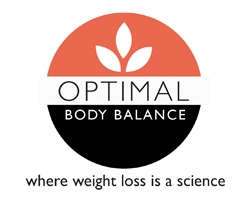
by Dr. Oler, ND | Feb 12, 2015 | Eating Naturally, Natural Remedies, Natural Weight Loss, Nutrition
Obesity and being overweight isn’t just a calorie problem or an exercise problem – it is a metabolism problem. The fact is there are several fundamental underlying imbalances that prevent most people from losing weight and keeping it off. The problem is, you don’t know what those imbalances are and neither does your doctor. The Optimal Body Balance Program can help you find and correct them. (more…)

by Dr. Oler, ND | Feb 10, 2015 | Natural Remedies, Naturopathic Health |
How you live your life on a daily basis and how you react to the people and environment around you has a major impact on sympathetic (SNS) and parasympathetic (PNS) nervous system balance. Those that are SNS-dominant often feel nervous, jittery or tense because of the SNS-dominance; this makes it all the more important to incorporate activities throughout the day to help calm down and release negative thoughts and feelings. (more…)

by Dr. Oler, ND | Feb 5, 2015 | Eating Naturally, Natural Remedies, Naturopathic Health, Nutrition |
What you eat can have a dramatic impact on the balance and function of the sympathetic (SNS) and parasympathetic (PNS) nervous systems. Most often, people experience SNS dominance (to determine SNS or PNS dominance, see this post); the following recommendations can be used to calm the sympathetic nervous system. (more…)
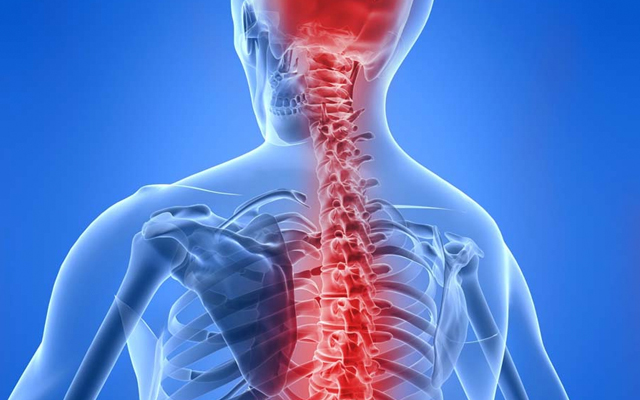
by Dr. Oler, ND | Feb 3, 2015 | Natural Remedies, Naturopathic Health |
The human body contains a number of systems that operate as a “check-and-balance” to keep us as healthy as possible given the stressors we encounter. Nowhere is this more prevalent than in the nervous system. (more…)
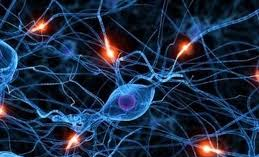
by Dr. Oler, ND | Jan 29, 2015 | Amino Acid Therapy, Naturopathic Health
In a previous post, I summarized the major neurotransmitters along with their functions and diseases associated with dysfunction or imbalance. It is always a risky exercise to put forth such information as it is very easy to draw erroneous conclusions from looking at such data.
For instance, someone looking at this information that has depression may conclude that they have an imbalance with serotonin and simply need to take a serotonin precursor (such as 5-HTP or L-tryptophan) or a substance that modifies serotonin release or absorption (such as St. John’s Wort or an SSRI medication) to alleviate their depression. In practice, this approach seldom works. (more…)
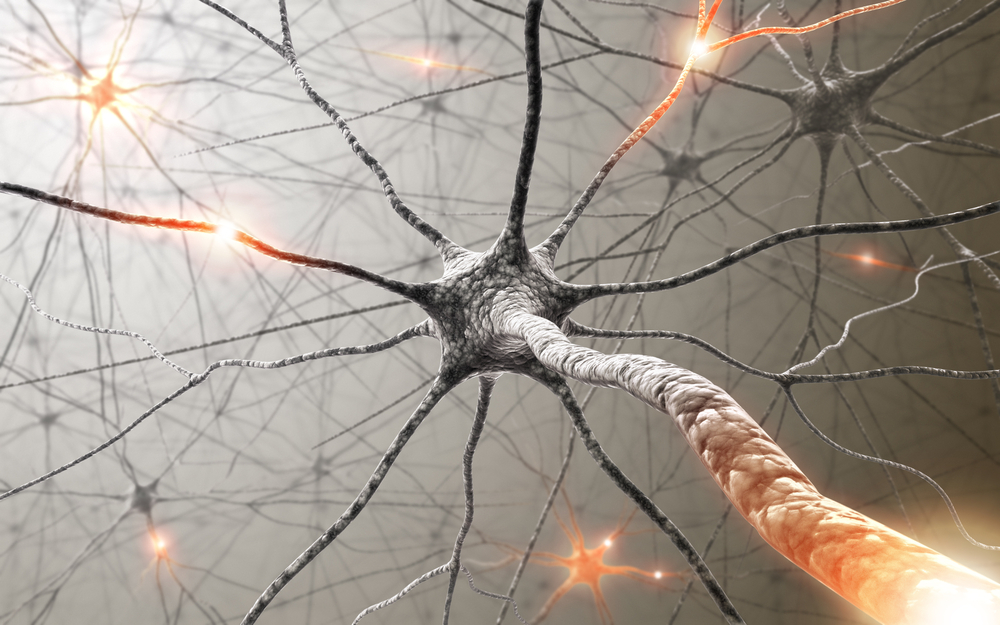
by Dr. Oler, ND | Jan 27, 2015 | Allergies, Amino Acid Therapy, Depression, Fatigue, Hormone Imbalance, Men's Health, Migraine, Stress, Women's Health
Neurotransmitters are chemical messengers that relay information throughout the brain and body. Of the more than 100 currently identified neurotransmitters, only a few have been shown to have broad reaching effects within the human brain.
Here is a brief comparison of the major neurotransmitters, accompanying functions and diseases associated with dysfunction. (more…)
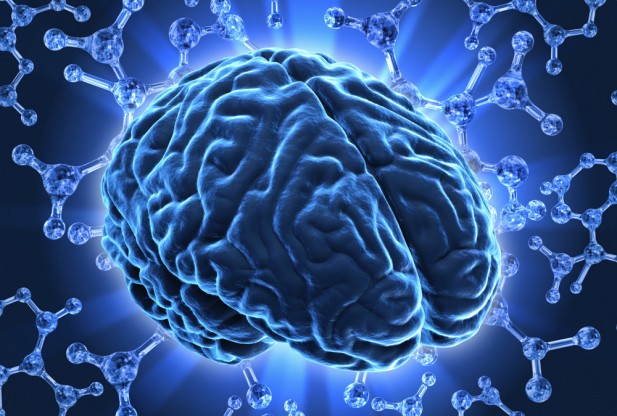
by Dr. Oler, ND | Jan 22, 2015 | Amino Acid Therapy, Depression, Fatigue, Migraine
Neurotransmitters help the body communicate with itself and direct most of the bodies functions. They are like little chemical messengers that relay information to and from the brain millions of times daily. Unfortunately, imbalances in neurotransmitters can create a whole host of problems, including depression, anxiety, obsessive thoughts, difficulty sleeping, compulsive and/or addictive behaviors, cravings for sweets, increased or insatiable hunger, increased pain (like in fibromyalgia), chronic fatigue, the urge to pull out hair (as in trichotillomania), migraines, poor memory, inability to focus or concentrate, weight gain/inability to lose weight, restless legs, Parkinson’s disease and many gastrointestinal imbalances (including Crohn’s disease and ulcerative colitis). (more…)

by Dr. Oler, ND | Jan 20, 2015 | Amino Acid Therapy, Depression, Eating Naturally, Naturopathic Health, Stress
There are many natural approaches to try and eliminate depression. Everyone responds to these approaches differently, but there are many common homeopathic and naturopathic solutions that work for a wide number of people.
Form a homeopathic perspective, each person has just one remedy that fits their particular situation at any given time, so it is important that a person wanting to use homeopathic remedies for depression to consult with a homeopath or a naturopath that can help them determine the correct remedy to use. (more…)

by Dr. Oler, ND | Jan 15, 2015 | Amino Acid Therapy, Depression, Fatigue
Depression is a major problem in the United States. According to the Center for Disease Control 9% of the US population report occasional depression (over 28 million people) and 3.4% suffer from major depression (almost 11 million people). Once more, antidepressants are the most prescribed drugs in the United States, with the CDC reporting that almost 30 million people fill 164 million prescriptions for antidepressants every year. (more…)











